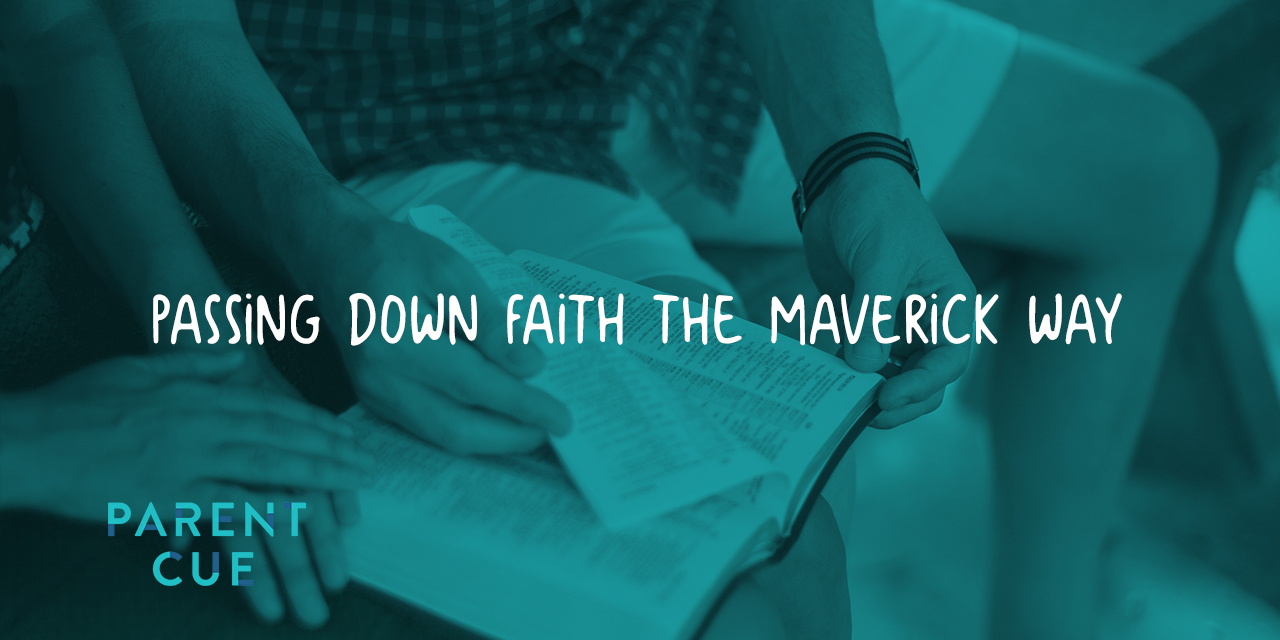
Turn Off the Lights
There are two kinds of people who live in a house:
- People who leave the lights on, and
- People who turn lights off after others who have left the room and forgotten to.
I am the second type. I spend most of my free time walking around our house turning off lights (okay, maybe that’s an exaggeration), but I must confess that something bad happens inside me when I see an empty room with the lights on. I start wondering: “How could responsible, mature people be this inconsiderate and this irresponsible? I mean, really, how difficult is it to remember to turn the lights off when you leave a room? You seem to be able to remember to turn them on. How could your memory be that horrendous?”
Honoring Strangers
I think, honestly, this describes something that happens to almost of all us with the people we know the best. Their little quirks, shortcomings and character flaws annoy us more than they ought to.
Which makes it very difficult to truly honor the people we live with, doesn’t it? Isn’t it strange that it’s easier for most of us to honor someone we don’t know than it is to honor someone we see all the time?
It’s easier to gather in a public forum to honor a hero we’ve never met who has come home from service overseas than it is to honor a hero in your own home.
Why is that? The answer, I think, is that we simply know the people we live with better.
If we got around the strangers and acquaintances we hold in high esteem, we would learn that they have their shortcomings and character flaws. They may have done some remarkable things, but often it was within the context of a sea of mistakes, just like the rest of us.
Now, watch what happens to most of us. Because we don’t know the strangers we honor well, we fill in the gap of information that we don’t know by assuming the best about them. I’m sure they turn off all the lights when they leave the room, after all, they received a congressional medal of honor.
And for many of us, that’s the difference—we assume the best of people we know the least, and as difficult as it is to admit, we assume the worst of the people we know best.
Honoring Those We Live With
When faced with a gap in information at home, we assume that they did the wrong thing, not the right thing. The lights are on in the family room and you don’t even need to be told who did it; you know, because she always, always, always leaves the lights on.
Now tell me, when you confront her about the lights, how does that conversation usually go? Exactly. It’s a no-win.
So why not change your assumption about the people you live with? Why not decide there’s a perfectly good explanation as to why they forgot to turn off the lights/empty the dishwasher/do their homework? Why don’t you assume they meant to, but forgot? Got called away by something urgent? Left the room to help someone else? Were coming back to get it done but you just happened to walk in early?
Change Your Asssumptions
When you change your assumptions about the people you live with, three things will happen.
- First, you’ll have a lot less conflict in your home.
- Second, you’ll feel better about the people you live with, and they’ll feel better about you. You will begin to honor each other.
- Third, people might actually start turning off the lights. Because you’ve treated them as responsible people who tend to do these things. People have a way of becoming what we believe about them.
What have you learned about assuming the worst or believing the best? Why do you think you find it difficult to believe the best about the people around you?




